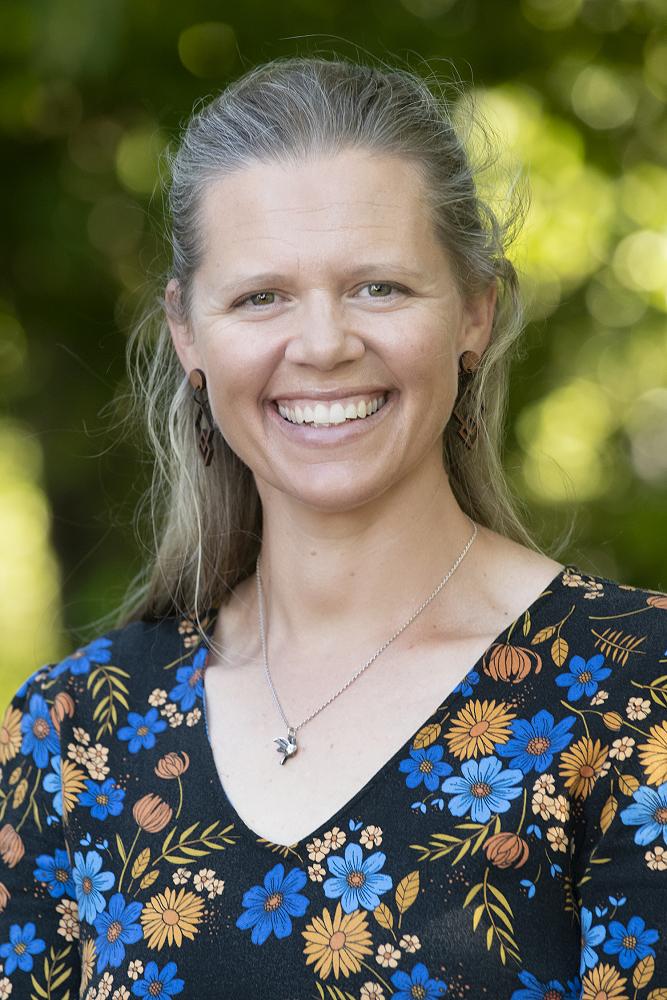
Talking with your child about the option of counselling support
In this newsletter, which I share at the start of each year, I am providing some ideas as to how you might support and encourage your child to attend counselling, if this is something that would be beneficial.
Firstly, I would like to take this opportunity to encourage you to attend the Medbury Matters parent masterclass series, starting on Thursday 15 February with an Evening with Dr Emma Woodward. From the Child Psychology Service, Dr Emma Woodward will share her expertise on raising boys. I have heard Emma speak on several occasions and have gained important insights from her presentations, and have always found her presentation style engaging. The details of this event can be found here.
Talking with your child about counselling
Even if you are not new to the Medbury community, counselling might be new for you or your child, so this newsletter will hopefully provide helpful information for all of our school community.
As I have done in the past, I again refer to an article by Michelle Mitchell, an award-winning speaker, educator and bestselling parenting author, who is highly regarded as a tweens and teens specialist. Her advice is also useful for students younger than this age group. If you would like to see Michelle’s article please follow this link: How to talk to a Teen about Counselling: Ideas that could make all the difference.
Key ideas to consider when talking to your child about engaging with counselling:
Your child deserves the right support: It could be helpful to explain to your child that they are important and valued and so deserve support if they need it. Counselling will hopefully be something that will help them to grow in confidence and become the person they want to be.
Counselling is normal: I have been delighted to see this view grow in the time I have been at Medbury School. Many, many people across society meet with a counsellor, or another type of therapist, to seek support. Talking with someone is a very normal and important part of life - most of us talk to family and friends when we are trying to problem solve or work through an issue. Talking with a counsellor is very similar, yet with a counsellor you are meeting with a neutral person who is trained to listen and work with people.
This is a family thing: Make sure your child knows that you are here to support them and that even though they may be attending counselling by themselves, their parents, caregivers or family are there for them. On this note, parents or caregivers are welcome to be involved and attend counselling sessions if this is helpful for the student and family counselling sessions can be organised. With the student’s permission, I also contact home to share ideas and strategies that may be helpful for the whole family. I encourage students to talk about counselling sessions at home if this is appropriate and something they feel comfortable to do, and I also encourage regular contact from parents or caregivers if this is useful.
Involve your child in the decision making process: It is important that counselling is the student’s choice as much as possible. It is recommended that counselling is discussed with your child before a referral is made and that a plan is in place for when counselling starts.
Suggest a trial period and leave the door open: If your child is unsure about counselling, which is normal and okay, you could suggest that they meet with me for a few sessions and they can then decide if they will continue counselling. At the end of every session I always ask students if they would like to meet again - it is not assumed that they will return - and I always make it clear that counselling is about what is important to them. Related to this, I do discuss with students that sometimes it is important to talk about what a parent, caregiver or teacher may have raised, but the student’s voice is always listened to in counselling. If your child is sure they do not want to attend counselling it is important to accept this but let your child know you will revisit it as an option from time to time, especially if the issues they are facing continue to be challenging for them.
Sometimes you need to ‘play the parent card’: If you know it is important for your child to receive extra support then let them know this is one of those situations where, as an adult, you are making the decision for them as you care about their wellbeing.
I hope that this newsletter has helped you to build a picture of what counselling is like and how it is offered at Medbury, so that if it is helpful for your child you can talk with them about it at home.
Jenelle Hooson
Jenelle is a fully registered member with NZAC (New Zealand Association of Counsellors).
If you wish to discuss the services the School Counsellor can provide, please talk to your child’s homeroom teacher or make contact with Jenelle directly: jenelle.hooson@medbury.school.nz